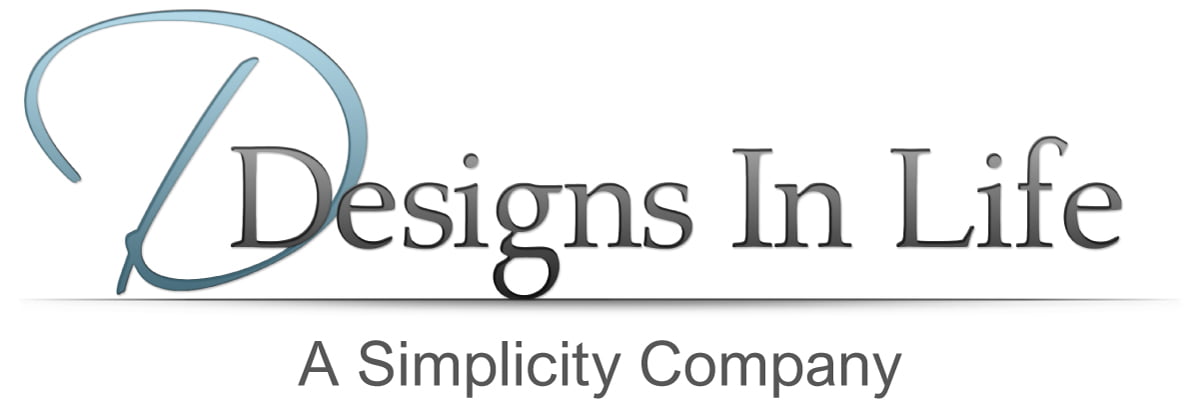Family Life Insurance: “What Would You Do?”
When you introduce life insurance into a client discussion, you want to get the person immediately involved in the dialogue. Hopefully both husband and wife are present.
Question to the beneficiary: “What would you do if your spouse were to die today?” Asking what the person would do is critical. It’s not likely that the person has ever thought about what they would do. But, what they would do has a lot of importance in determining what kind of insurance solution is going to be best for this emotionally and financially wrenching event.
If the beneficiary is not present…
Question to the proposed insured: “What would your spouse most likely do if you were to die today?”
Then, listen. Don’t worry if there is some uncomfortable silence. Allow your client to think about it. If they respond, “I don’t know”, offer some follow up questions, like “Well, would you sell the house? Want to stay where you are? Get another job? Rely on family?”
Then, listen. What you want to get to are what things are important to them: where the survivors will live, whether they will continue or begin working, what would need to be paid off, what kind of lifestyle would be desired, how the family business will be run, etc. It may be the first time that they have ever thought about this before.
Not long ago, after such a discussion that started this way, a couple I was working with came up with a very reasonable and cost-effective way of structuring their coverage. There were some health issues so it wasn’t an easy case to get through underwriting. Nine months after the husband was approved at a table 6, he died of coronary failure. I asked the surviving spouse what the insurance that they had just purchased meant to her. She said, “It saved the house for me”.
Beginning the discussion of life insurance with “What would you do?” will lead your client to consider the personal and immediate financial consequences of death. Your job will then be to demonstrate how life insurance can offset the negative impact of those consequences.
